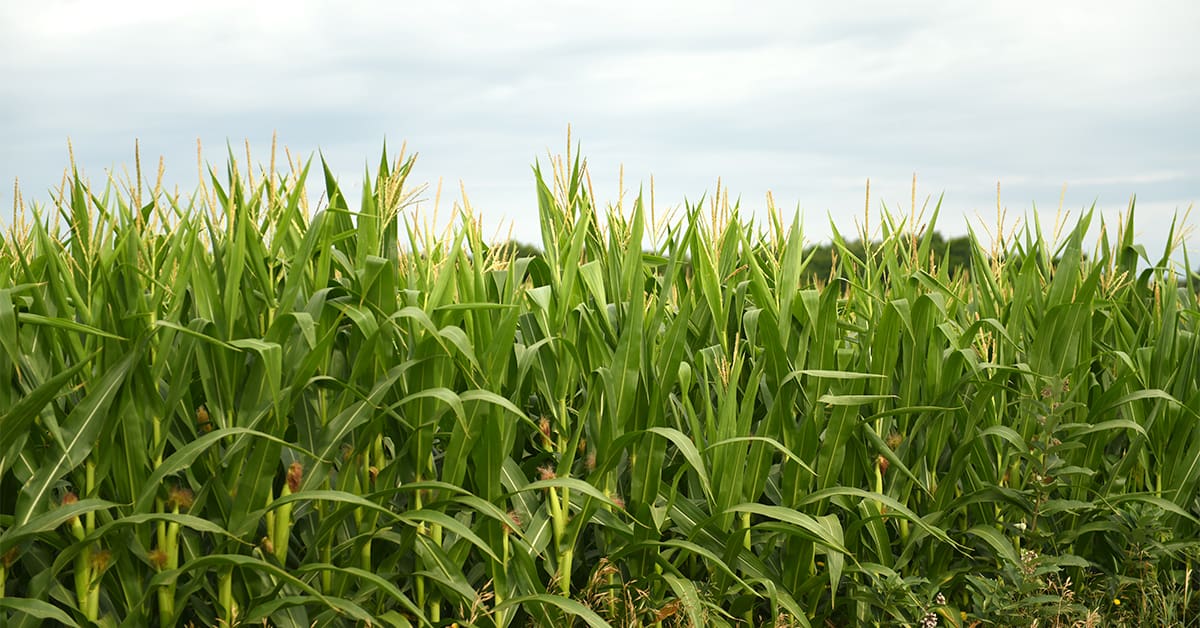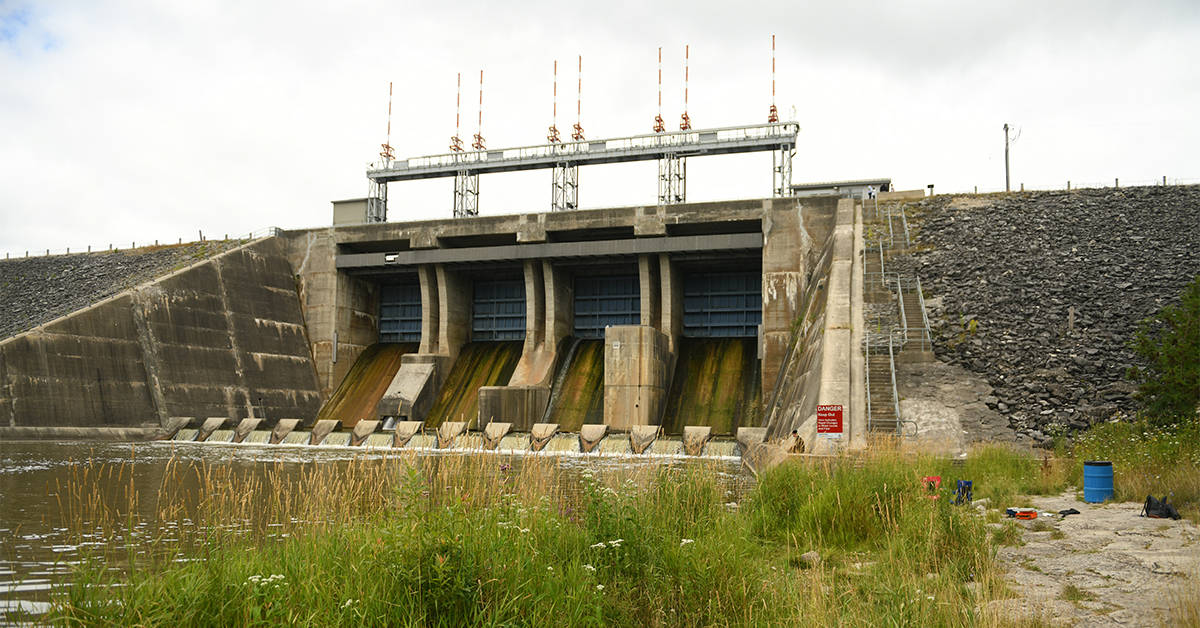Farmers in the area are facing a time of dryness. Agriculture Canada classified most of southwestern Ontario as “abnormally dry” in a June 30 report, with little relief since.
Abnormally dry is considered a one-in-three year event. That said, local farmers and researchers may say it is much, much drier than normal. That lack of rain could impact crop yields in the fall, particularly corn, which relies on precipitation in June and July.
Joshua Nasielski, an assistant professor in plant agriculture at the University of Guelph, says he has soil moisture sensors installed across the province uploading data that he checks regularly, adding the sensor for southern Ontario is showing half as much moisture in the soil as last year.
Mark Reusser, the vice-president of the Ontario Federation of Agriculture, and himself a farmer in Waterloo Region, estimates this current dry spell is worse than a one-in-three-year event.
“I think those analyses by Agriculture Canada are pretty broad. I suspect that there are locations here in Ontario that are actually far worse than that. If their analysis says unusually dry is one year in three, I’m looking at where I live right here and thinking it’s closer to one year in 10. This is very dry,” he said.
“Farmers do what they always do, which is just adapt to what they’re faced with,” said Nasielski. “This is not the first time that it’s been a dry year. Sometimes it’s been very, very wet. And that causes its own set of problems. So farmers, they just adapt their management. They change plans.”
Nasielski said in this case, adapting will mean reducing their input costs as they are able, to increase the net profit in the fall and make up for a smaller yield.
Nasielski does not predict absolute crop failure – that is, crops actually dying due to drought – because of the moisture held over from winter melt and spring rains.
“I would say up until July, most farmers were probably not very worried even though it’s slightly drier because the crops could use the water that was in the soil already from all that snowmelt and all the rainfall that happened in April. Some of that rainfall was still available in the soil. But now that it’s been so dry, crops have essentially used up all that moisture, all that water, and they’re really dependent on rainfall that is going to happen now. So for the corn crop, especially, yields will be lower, but I don’t think it’ll be a crop failure.”
Reusser says the rain is needed.
“If we don’t get rain here within a week or two, there will be significant damage, and significantly lowered crop yields. Some places much more than other places, depending on soil type and depending on whether or not a thunderstorm happened to bring you some rain.”
Nasielski said predicting how badly corn yields will be impacted in the fall is difficult.
“The last time we had a dry spell this bad was many years ago, and the corn genetics, the corn varieties, are much, much better now. And they might just be much, much more resilient to drought. The other thing to consider is that, in the rest of Ontario there is no dry spell, and so (for) other corn producing areas of the province we don’t know what their yields are going to be like.”
How will potentially poor corn yields this fall impact the community? How could they impact food prices?
“Things won’t double in price because of a dry spell in Ontario,” said Nasielski. “Because corn is traded on a world market, soybeans on a world market, and as a share of the world production of corn and soybeans, Ontario is very small, less than one per cent. So it’s kind of like a rounding error when you think globally.”
While globally, a drought in southwestern Ontario might not make a difference, locally, farmers still need the rain to make a living.
“Farmers are interesting that their income depends on something over which they have no control. We can’t control the weather. We’re dependent on the weather either bringing us rain or not bringing us rain at the appropriate time. That is very different than most people, especially urban people who get a paycheque every week, no matter what the weather does,” said Reusser.
“And I think sometimes we forget that there are people in this country, in this province, who it really matters whether it rains or not. And you know, take some time to think about them.”









